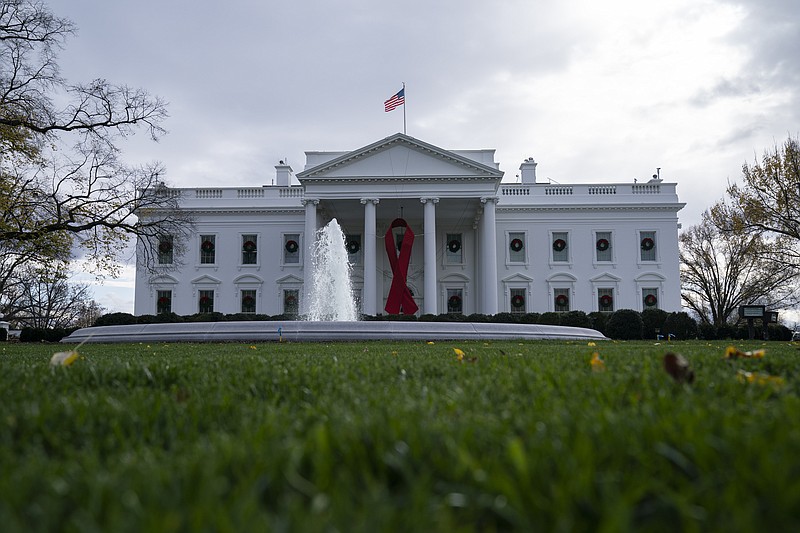WASHINGTON -- President Donald Trump is threatening to veto a defense policy bill unless it ends protections for internet companies that shield them from being held liable for material posted by their users.
On Twitter Tuesday night, Trump took aim at Section 230 of the 1996 Communications Decency Act, which protects companies that can host trillions of messages from being sued into oblivion by anyone who feels wronged by something someone else has posted -- whether their complaint is legitimate or not.
Trump called Section 230 "a serious threat to our National Security & Election Integrity," adding, "Therefore, if the very dangerous & unfair Section 230 is not completely terminated as part of the National Defense Authorization Act (NDAA), I will be forced to unequivocally VETO the Bill."
Trump has been waging war against social media companies for months, claiming that they are biased against conservative voices.
In October he signed an executive order directing executive branch agencies to ask independent rule-making agencies, including the Federal Communications Commission and the Federal Trade Commission, to study whether they can place new regulations on the companies.
Since losing the presidential election, Trump has posted claims of voter fraud on social media. Twitter has tagged many such Trump tweets with the advisory, "This claim about election fraud is disputed."
Tuesday's veto threat is another potential roadblock for the passage of the annual defense policy measure, which is already being held up in Congress by a disagreement over military bases named for Confederate officers. The measure, which has passed for 59 years in a row on a bipartisan basis, guides Pentagon policy and cements decisions about troop levels, new weapons systems and military readiness, military personnel policy and other military goals.
Meanwhile, the Trump administration has dropped its call for a 1% federal employee pay raise in January, advocating instead for a freeze on pay rates for the 2.1 million executive branch workers.
In a letter dated Monday to Capitol Hill, the Office of Management and Budget endorsed language in one of a set of agency funding bills crafted by the Senate that would provide for no raise.
"In the context of budgetary constraints and the recent, pandemic-related impacts on non-Federal labor markets, the Administration supports the policy in the bill to maintain for 2021 the current level of Federal civilian employee pay," the letter said.
Since the start of its fiscal year Oct. 1, the government has been operating under a stopgap "continuing resolution" that expires Dec. 11. Congress is working to craft a replacement measure, using as its starting point the Senate bills -- which have not reached voting even at the committee level -- and bills the House passed this summer.
Trump's early-year budget plan called for a 1% federal employee raise along with proposals to reduce the value of retirement benefits, which Congress never actively considered.
When it passed a spending bill covering general government matters, the House in effect accepted that amount by not specifying a raise figure. Under the complex federal pay law, if no number is enacted into law by the end of a year, the White House's proposed raise takes effect automatically.
"Even on his way out of the White House Donald Trump can't resist another gratuitous attack on our dedicated federal employees," Rep. Gerald Connolly, D-Va., whose district includes many federal workers, said in a statement. "These public servants have done heroic work during the pandemic and deserve our support, and instead Donald Trump is reneging on another promise."
Connolly, chairman of the House government operations subcommittee, and 10 other Democrats active in federal workplace issues recently urged House and Senate budget leaders to include a 1% raise in the planned catchall spending measure. Because Trump proposed it, agencies "will have already accounted for the increase in their budgets" and employees "have likewise been expecting this increase and incorporated it into their family budgets," they wrote.
Trump had recommended freezes in his budget proposals for 2019 and 2020, though he ultimately agreed to raises averaging 1.9% and 3.1% in those years, with some variation by locality.
In 2017, he had recommended a 1.9% average raise for 2018, which Congress accepted.
Information for this article was contributed by Eric Yoder of The Washington Post; and by staff members of The Associated Press
